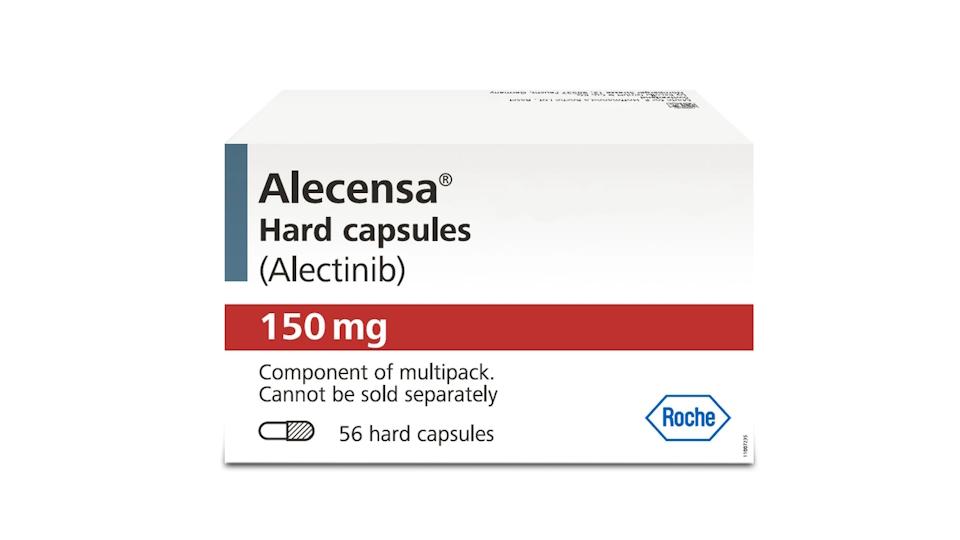An aura of adult migraine hope as NICE recommends Vyepti

Lundbeck’s Vyepti (eptinezumab) has received NICE recommendation for the prevention of migraine in adults experiencing four or more migraine days monthly who have been treated unsuccessfully with three or more preventative treatments previously.
Vyepti was approved by the Scottish Medicines Consortium (SMC) last month under similar use terms. Administered by a healthcare professional via an intravenous infusion every 12 weeks, Vyepti works by inhibiting a molecule called calcitonin gene-related peptide (CGRP) and preventing the activation of the CGPR receptors and downstream cascade of physiological events linked to the start of migraine attacks.
The NICE recommendation of Vyepti as a comparator to other treatments in the CGRP inhibitor class provides another option for people living with episodic or chronic migraine, particularly those who might have difficulty in self-administering a subcutaneous injection.
The final guidance published by NICE recommending Vyepti followed a new proportionate approach, allowing a recommendation eight weeks faster than usual. It will now allow access to Vyepti for patients experiencing more than four migraines per month who have tried and failed three other preventative migraine treatments – a number estimated to be some 164,000 adults in the UK.
Discussions with patient and professional organisations took place in coming to the NICE decision, as well as with patient experts – all of whom highlighted the considerable impact migraines have on quality of life, often affecting work, family life, and mental wellbeing.
The cost comparison process used in recommending Vyepti also sees NHS England and commissioning groups agreeing to provide funding to implement the recommendation 30 days after publication, compared to the usual 90 days.
Professor Peter Goadsby, director of NIHR-SLaM Clinical Research Facility and Professor of Neurology at King’s College London – who identified the role of the CGRP as a cause of migraine – said: “I have been committed to research in migraine and headache disorders for many years, and I am delighted to see the work done on CGRP having an impact on patient care […] I am encouraged to see this NICE recommendation, which has the potential to improve their quality of life.”
Lundbeck UK country manager, Andrew Jackson, commented: “This recommendation is a milestone for us. Our purpose is to develop innovative treatments for brain diseases that can help people to manage their conditions and live life on their own terms.”
The news follows NICE’s rejection of Pfizer’s acute migraine medication Rimegepant for use on the NHS in England, to which The Migraine Trust responded with concern that the decision would result in the “unnecessary suffering of people with medication overuse headache and those without effective treatment for their migraine”. NICE has said that the rejection is not final, but an initial recommendation made in an Appraisal Consultation Document (ACD).
According to The Migraine Trust, many who seek help from them have inadequate responses or contraindications to current acute treatment triptans. The Trust considers Pfizer’s gepant, Rimegepant, “an important opportunity to help”. While both gepants and triptans bind to the blood vessel, gepants do not constrict or tighten the blood vessel like triptans do; they prevent it from dilating, making them a safer option for those with cardiovascular issues.
There are only two other such CGRP receptor antagonists: AbbVie’s Ubrogepant and Atogepant. At the start of February this year, published findings from a phase 1b trial showed that a combination approach of both, at the highest FDA-approved dose strengths, was safe for patients with migraine, with no new concerns identified.
Image by Pete Linforth, sourced from Pixabay.













